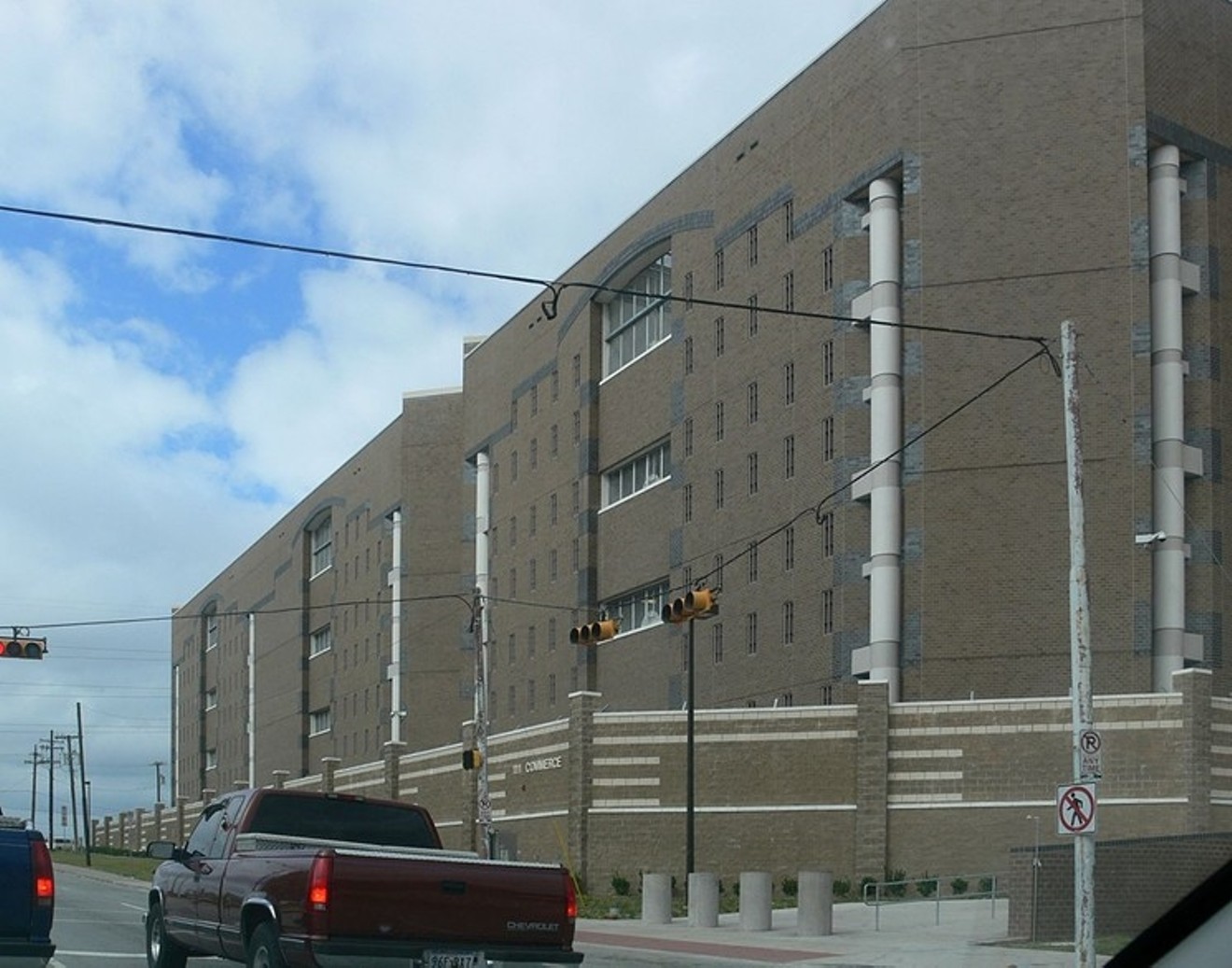Here's how far the county has come: In 2014, the last time the Commissioners Court signed off on a new contract for inmate phone service, they agreed to a rate of 24 cents per minute. In addition to the per-minute charge, those wishing to receive calls from someone in jail had to deposit money into an account with the county's vendor, Securus Technologies. If the deposit was made directly with the company, the person making the deposit paid a $3 per deposit fee. Third-party deposits through a bill-paying service like MoneyGram incurred a fee of $5.95.
Activists considered that 2015 contract at least a partial win because it didn't, as initially proposed, substitute costly video visits for all in-person jail visitations.
Dallas in 2020 is a more progressive place, at least judging from the contract considered on Tuesday.
The new contract would, if adopted, eliminate deposit fees, as long as the deposit is made through Securus, and would lower per-minute call fees to 1 cent, enough to cover costs, but not so much that Dallas County will make any money off the calls. Just as the plan seemed ready to become county policy Tuesday, it drew criticism from two camps.
Activists with the Texas Organizing Project took on the commissioners, asserting that free calls should be a right for all inmates.
"We have people who cannot afford to pay for calls, and it shouldn't be a punishment," Julie Vasquez said. "It's an inhumane thing to do. Simple as that. This company has made so much money off of our poor black and brown communities and it needs to stop."
Sharon Gray said families of those in jail shouldn't have to pay twice for phone calls.
"It should be free for an inmate to call, especially if you're calling to a parent or relative that already has access to a phone carrier," Gray said. "To me, you're paying double. I'm paying one business for access to have a phone, and then another, Securus, for my son to call me. That's two payments a month that I have to budget for.""To me, you're paying double. I'm paying one business for access to have a phone, and then another, Securus, for my son to call me. That's two payments a month that I have to budget for." — Sharon Gray
tweet this
Paying for calls, even at a reduced rate, is difficult for people on a fixed income, Gray said.
The court seemed poised to sign off on the contract anyway. At least three members — County Judge Clay Jenkins and commissioners Elba Garcia and JJ Koch — expressed support, before Commissioner John Wiley Price elected to delay the vote two weeks.
Price doesn't like the deal for two reasons: First, the county will have to make up $2.4 million in lost revenue from the cheaper calls — something staff said wouldn't be a big deal for a government with a $1 billion budget. Second, Price and Brown said they were worried about potential security risks related to the iPads that are included in the contract to facilitate video visits and inmate participation in programs at the jail.
Brown said that, due to a lack of deputies, she worried that her office would be unable to appropriately monitor iPad use.
Tuesday was the first time the contract was on the Court's agenda, so the body's rules allowed Price to delay the item without a vote. In two weeks, that option won't be available, and Jenkins said he won't support delay.












